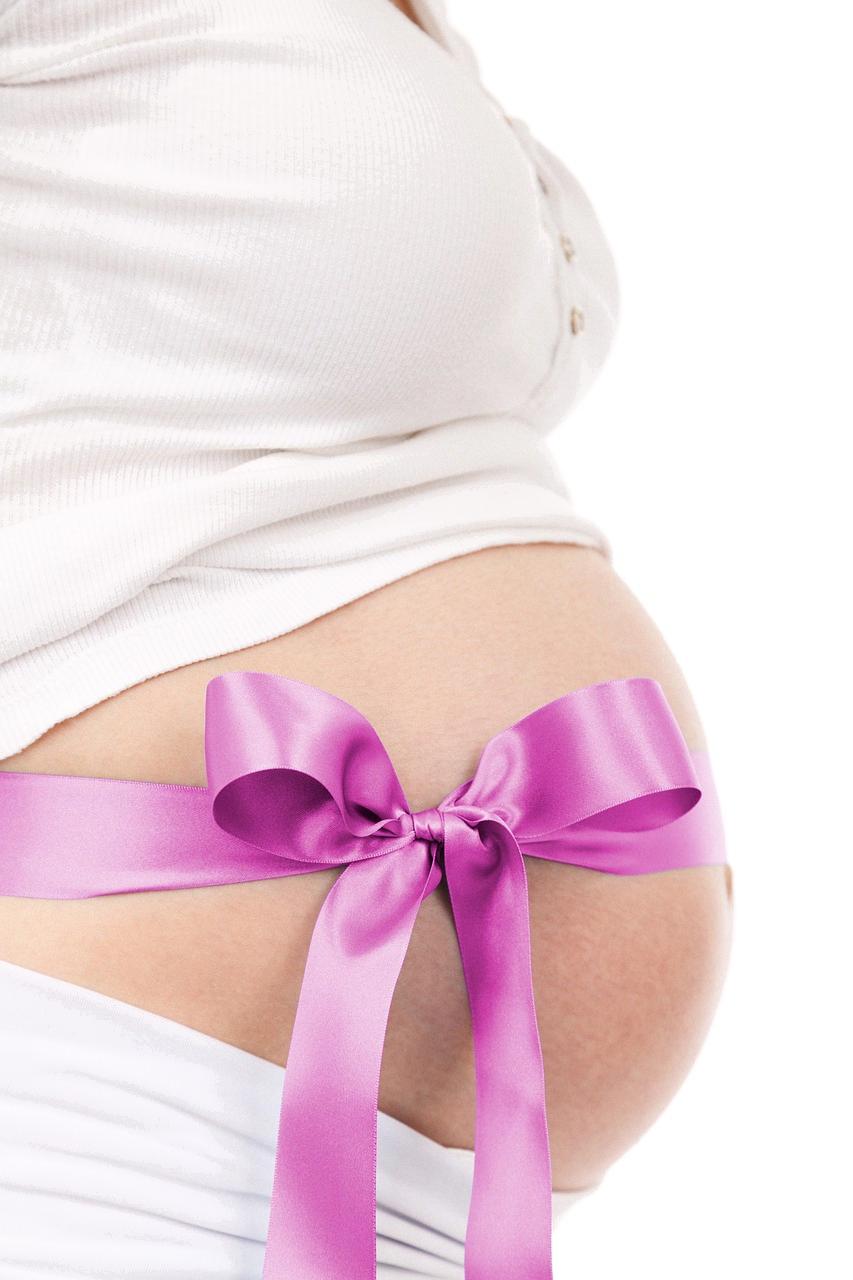Many individuals trying to conceive or even just monitoring their menstrual cycle often find themselves wondering about the link between ovulation and feeling pregnant. The phenomenon of experiencing pregnancy-like symptoms around the time of ovulation is not uncommon, and it can lead to confusion and speculation regarding potential conception. Let’s delve into this intriguing topic to shed light on the relationship between ovulation and perceived pregnancy symptoms.
The Ovulation Process: A Quick Overview
Ovulation is a crucial phase in a woman’s menstrual cycle where an egg is released from the ovary. This typically occurs around the middle of the cycle, approximately 14 days before the start of the next menstrual period. During ovulation, hormonal changes take place that can sometimes mimic early pregnancy symptoms due to the surge in estrogen levels.
Understanding Early Pregnancy Symptoms
Early pregnancy symptoms can vary from person to person, but they often include signs such as breast tenderness, bloating, fatigue, and nausea. These symptoms are primarily attributed to the hormone hCG, which is produced after the fertilized egg attaches to the uterine lining. However, some of these symptoms can overlap with those experienced during ovulation.
Feeling Pregnant During Ovulation: Is it Common?
It’s not uncommon for individuals to report feeling pregnant during ovulation. The hormonal changes that occur during this phase can lead to physical and emotional changes that mimic early pregnancy symptoms. For example, some may experience bloating, breast tenderness, or mood swings around the time of ovulation.
Importance of Tracking Ovulation Symptoms
Tracking ovulation symptoms can be helpful for individuals trying to conceive as it provides valuable insights into the body’s hormonal fluctuations. However, it’s essential to differentiate between ovulation symptoms and true pregnancy symptoms to avoid misconceptions and disappointment.
Timing of Pregnancy Symptoms Post-Ovulation
While some individuals may experience mild pregnancy-like symptoms shortly after ovulation, it’s more common for these signs to manifest a few weeks after conception. Pregnancy tests are typically accurate around the time of the missed period, making it crucial to monitor symptoms and wait for an appropriate time to test for pregnancy.
Managing Expectations During the Two-Week Wait
The period between ovulation and the expected start of the next menstrual cycle is often referred to as the “two-week wait.” This waiting period can be emotionally challenging for many individuals who may be eager to know if they are pregnant. It’s essential to stay positive, take care of oneself, and seek emotional support during this time.
Seeking Professional Guidance
If you are actively trying to conceive and have concerns about ovulation symptoms or potential pregnancy, it’s advisable to consult a healthcare provider or fertility specialist. They can offer guidance, perform necessary tests, and provide personalized advice based on your unique situation.
Embracing the Journey to Parenthood
Embarking on the journey to parenthood can be both exciting and challenging. It’s essential to maintain open communication with your partner, stay informed about fertility and reproductive health, and approach the process with patience and understanding. Remember that every individual’s experience is unique, and support is available for those navigating the path to conception.
Conclusion
In conclusion, feeling pregnant during ovulation is a common occurrence due to hormonal changes that can mimic early pregnancy symptoms. While it’s essential to be aware of these potential signs, it’s equally crucial to differentiate between ovulation symptoms and true pregnancy symptoms. By staying informed, tracking ovulation, and seeking professional guidance when needed, individuals can navigate the journey to parenthood with confidence and optimism.

